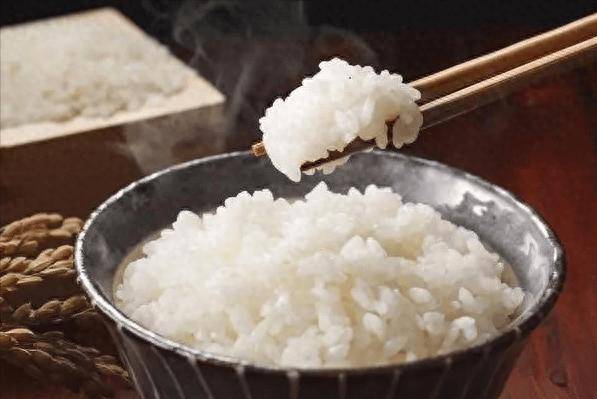Before reading this article, we sincerely invite you to click “Follow”, which will not only facilitate your discussions and sharing, but also provide you with more professional health knowledge to accompany and support your health. Thank you for your support.
In many families, especially in the Asian region, rice is an indispensable food for almost every meal. However, for certain specific groups of elderly people, excessive consumption of rice may not be the best dietary choice.
For generally healthy individuals, a moderate amount of rice is a good source of energy. But for elderly people with more complex health conditions, this rapid increase in blood sugar from rice consumption may have adverse effects.
Consider this fictional example: an elderly man in his seventies with type 2 diabetes, who is accustomed to eating a large bowl of rice at every meal.
Due to rice causing a rapid rise in blood sugar, he needs to monitor his blood sugar levels more frequently and adjust his insulin dosage. Long-term excessive rice intake not only exacerbates his diabetes condition but also increases the risk of complications such as heart and kidney diseases.
### Image ###

Friendly reminder: Due to the length of this article, there may be an “advertisement unlocking mode” in the text. Fortunately, under the new policy of the platform, the advertisement unlock is free, and everyone only needs to finish reading to continue. Thank you to all readers and the platform.


